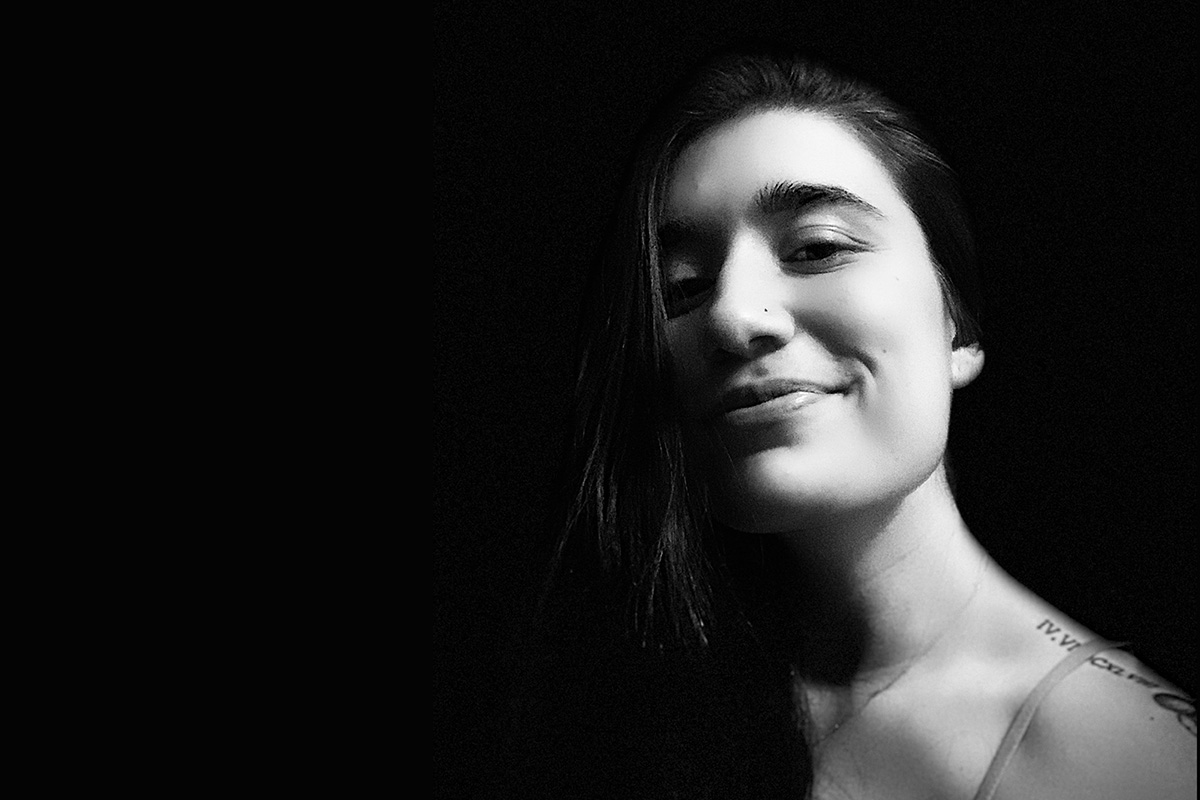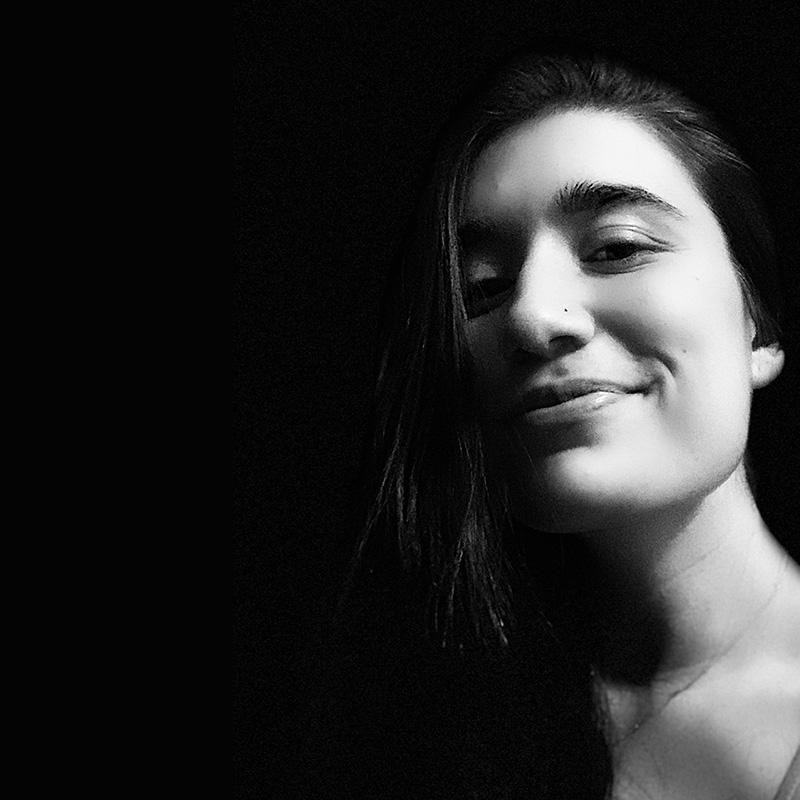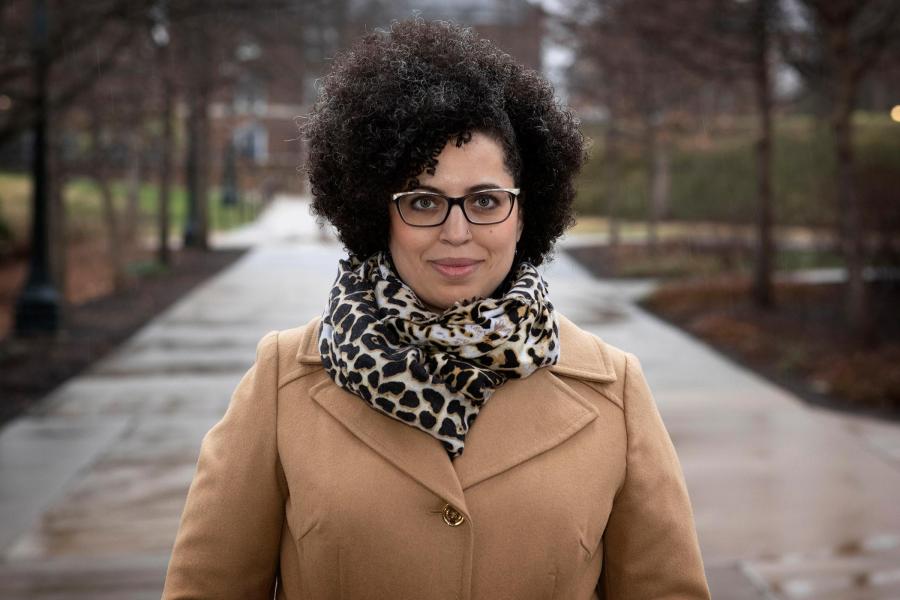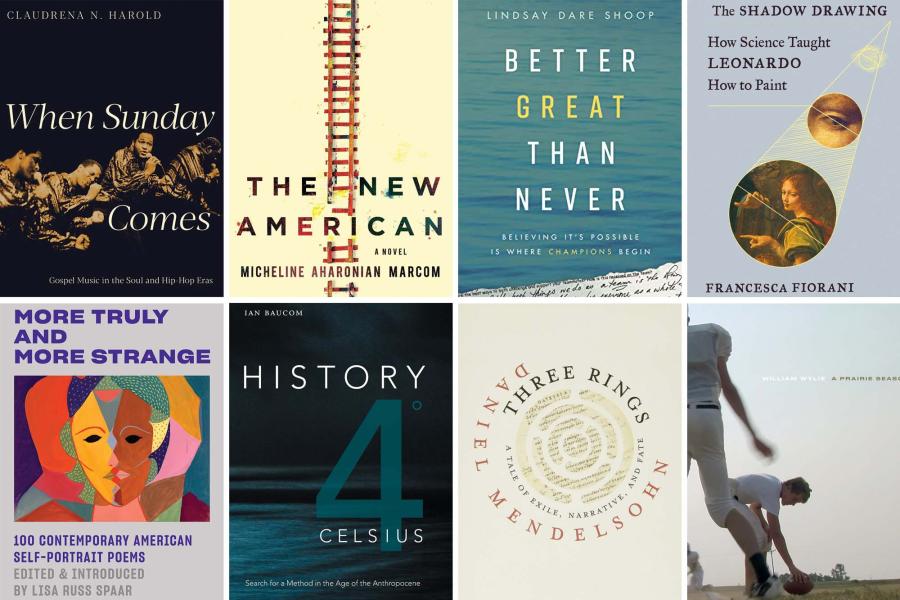When Raisa Tolchinsky took to writing as a girl, she remembered thinking, “Here, I can be a bird or a tree or rage or fear. I can be all things.”
Beyond the page, in real life, Tolchinsky, a rising third-year poet in the University of Virginia’s M.F.A. program in creative writing, has been many things, including a yoga teacher, an herbalist and an amateur boxer. All along, she has also been a writer and now she is this year’s recipient of the national Henfield Prize in fiction writing.
Tolchinsky recently wrote from Chicago that “Rising,” her short story, “arrived in a great rush, and with much joy. I wrote it on the hardwood floor of my childhood bedroom in my bathrobe to the sounds of Garth Stevenson’s 2011 album, ‘Flying.’”
The Joseph F. McCrindle Foundation, named for the editor and publisher of The Transatlantic Review, endowed the Henfield Prizes in 2011. UVA is one of five universities nationwide to offer an annual $10,000 Henfield Prize in fiction, open to its graduate writing students. Submissions must be unpublished and written or significantly revised while the writers are enrolled in the M.F.A. program. Judging is anonymous and the judge is not revealed until the award is announced in May.
Percival Everett, Distinguished Professor of English at the University of Southern California and the author of more than 30 books, served as this year’s judge. His novels include “Telephone,” “So Much Blue,” “Erasure,” “I Am Not Sidney Poitier” and “The Water Cure.” He also has published three collections of short fiction and one book of poetry. Among his many honors, he has received the Hurston/Wright Legacy Award, the 2006 PEN USA Center Award for Fiction and a Guggenheim Fellowship.





